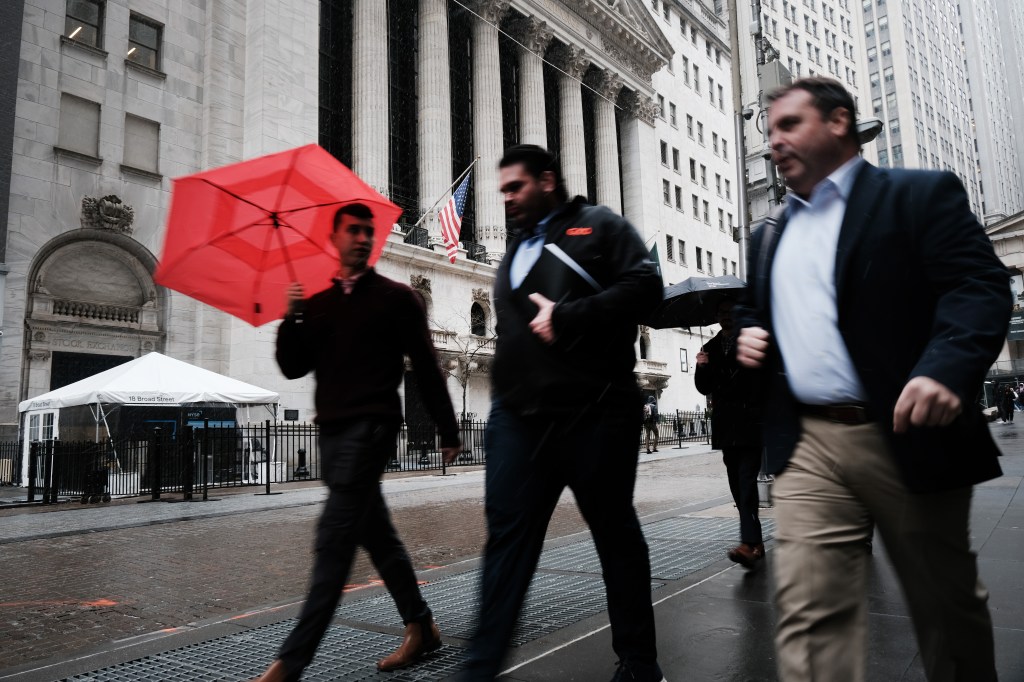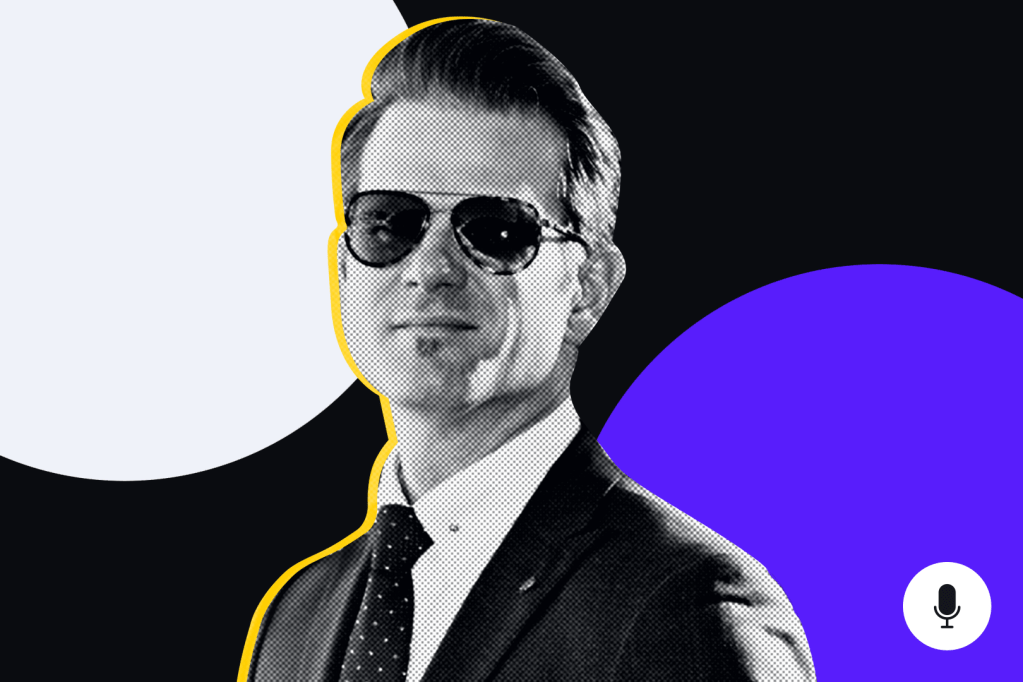While celebrities and lifestyle gurus are perhaps most known for hawking beauty aids, diet fads, and healthcare and wellness products, they have increasingly turned to promoting investment strategies.
Their recommendations are taken to heart by Generation Z – those born between 1997 and 2012 – who are notoriously leery ofpoll by Gallup indicated
Register for free to keep reading
To continue reading this article and unlock full access to GRIP, register now. You’ll enjoy free access to all content until our subscription service launches in early 2026.
- Unlimited access to industry insights
- Stay on top of key rules and regulatory changes with our Rules Navigator
- Ad-free experience with no distractions
- Regular podcasts from trusted external experts
- Fresh compliance and regulatory content every day













